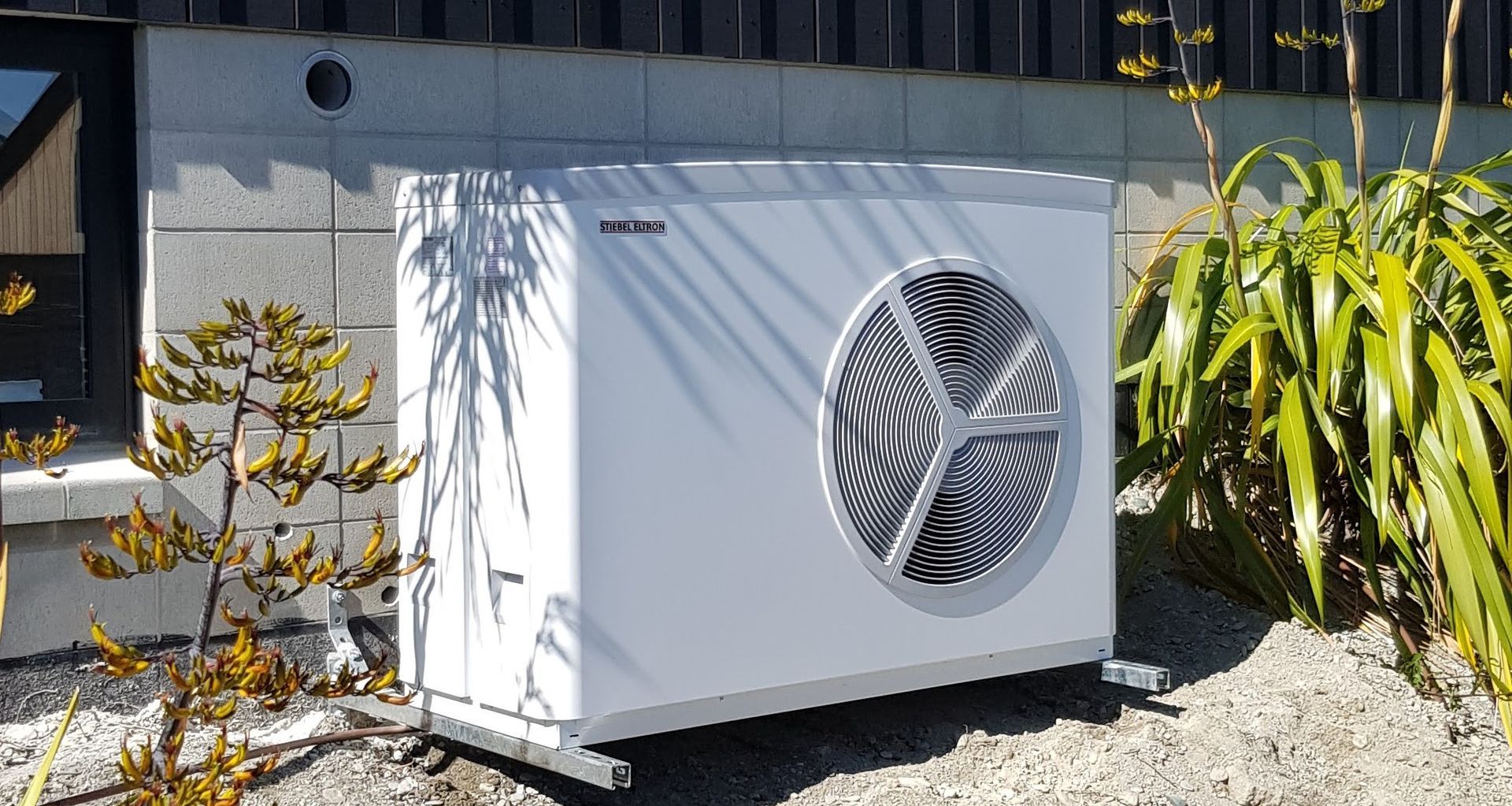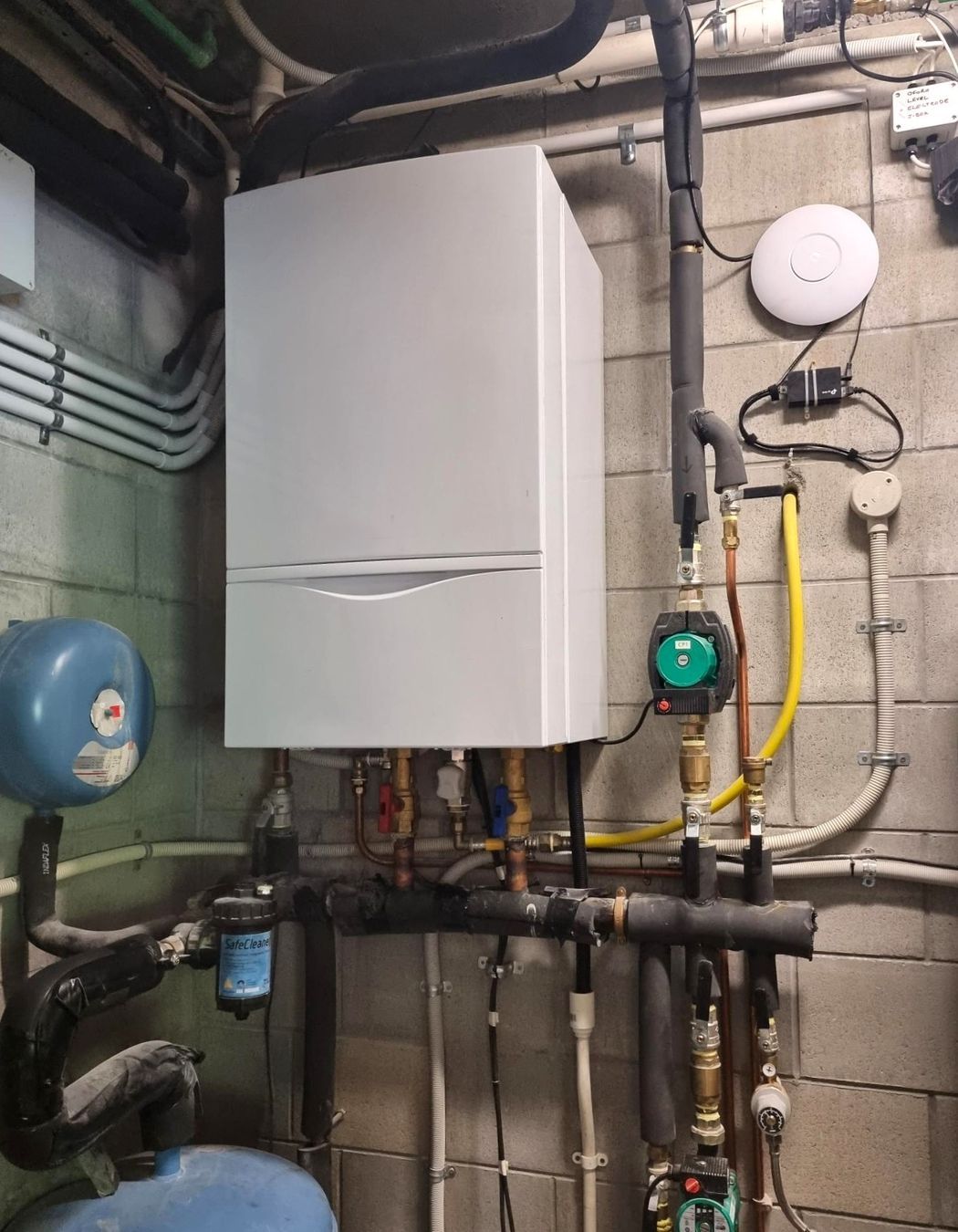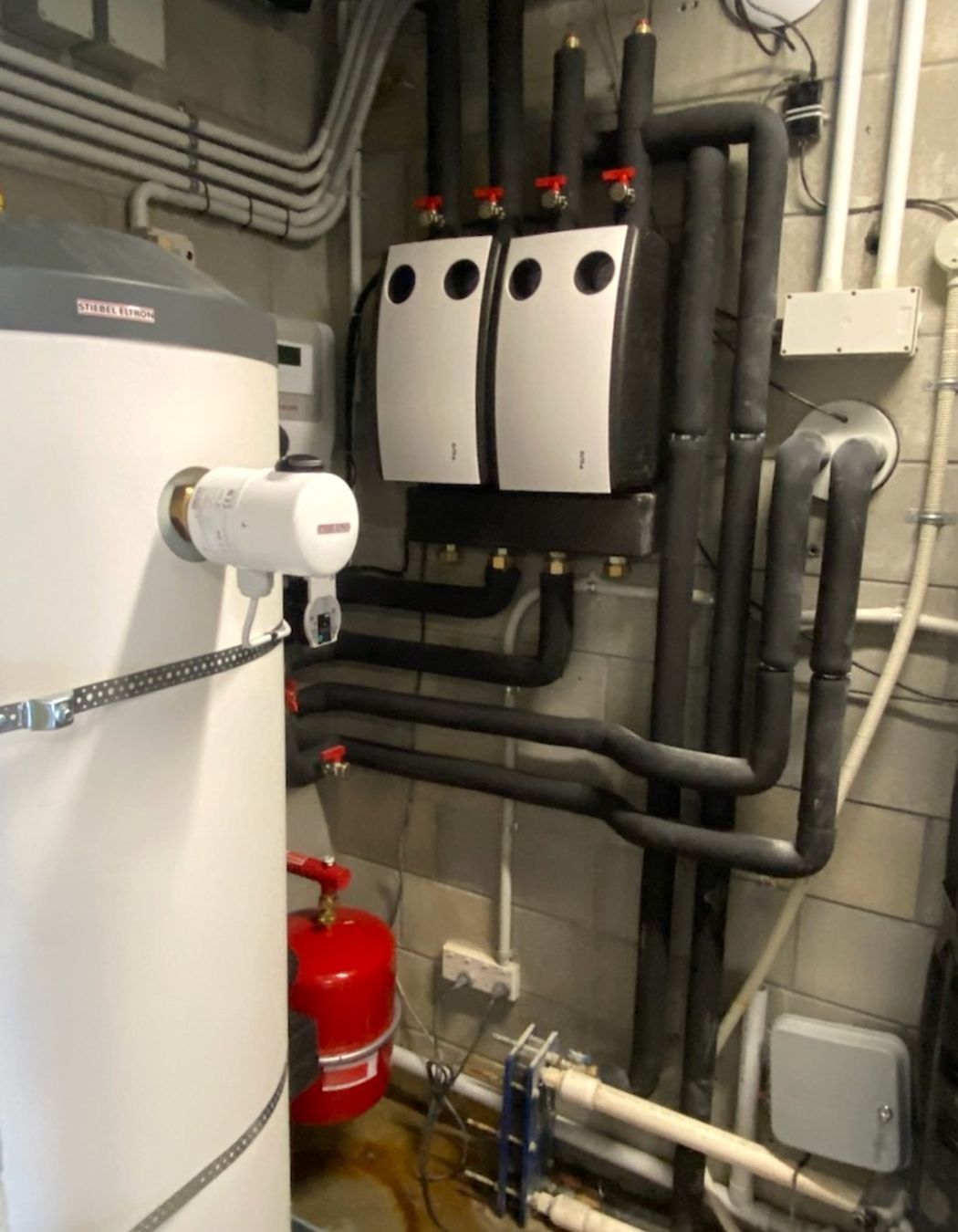Saving money and the planet: Stiebel Eltron’s transition from fossil fuels to green technologies
Written by
11 June 2024
•
5 min read

Dedicated to providing sustainable, cost-effective heating and cooling systems that meet the changing needs of their customers while contributing to a greener future, Stiebel Eltron has been busy over the last few decades developing innovative technologies like that of their Hydronic Heat Pumps.
With the Hydronic Heat Pump, the brand marks a changeover from fossil fuel-powered systems to renewable energy — addressing environmental concerns by reducing their reliance on non-renewable sources. This changeover has also resulted in significant financial benefits for their customers, a welcome outcome with the rising cost of living.
“Unlike traditional fossil fuel systems, hydronic heat pumps utilise renewable energy from sources such as the air, water, or ground to generate heat for residential or commercial spaces. This changeover not only significantly reduces greenhouse gas emissions but also minimises reliance on finite fossil fuels, thereby contributing to the global effort to combat climate change and promote sustainability,” says Bhawesh Singh, Technical Manager at Stiebel Eltron New Zealand.
Future focused since 1924
The change from oil and gas to green technologies was driven by Stiebel Eltron’s long-standing commitment to environmental sustainability and innovation.
“Since our inception in 1924, we have prioritised a clear focus on the future, always seeking to anticipate tomorrow's needs and provide solutions today. We recognised the importance of embracing renewable energy sources early on. While many other heating companies in Europe were focused on developing technologies to burn oil and gas, we chose a different path. As early as 1976, we developed our first hydronic heat pump, demonstrating our dedication to green technologies well before they became mainstream,” Singh explains.
Renewable energy not only promotes a cleaner lifestyle but also aligns with the brand’s values as a family business committed to having a positive impact on the environment.
“Heat pumps are highly efficient, utilising electricity to move heat from one place to another rather than generating it through combustion. Additionally, hydronic heat pump systems offer enhanced efficiency and versatility, providing consistent and comfortable heating while reducing overall energy consumption and operating costs. By shifting towards electricity-based heating solutions, we contribute to reducing carbon emissions and promoting sustainability for future generations.”
The Hydronic Heat Pumps are, of course, just one part of a larger sustainable product range. This technology has been applied across Stiebel Eltron’s catalogue, from basic potable water heating to fully integrated indoor heating and cooling systems and pool and spa heating systems.
“Our heat pumps are designed to provide the most efficient and effective solution for both space and water heating needs. We have also integrated our heat pumps with solar PV and inverters, enabling homeowners to reduce their dependence on grid electricity, resulting in significant cost savings,” Singh says.


Energy-efficient and cost-efficient: the best of both worlds
The substantial savings seen by Stiebel Eltron customers is primarily due to the rising cost of gas and diesel, Singh explains.
“Traditional fossil fuel-based heating systems have become increasingly expensive to operate and maintain over time. By transitioning to hydronic heating systems powered by heat pumps, which predominantly utilise renewable energy sources from the air or ground, operational costs are significantly reduced. In fact, switching from fossil fuel-based heating to hydronic heat pump systems has slashed the costs of the majority of our projects by at least fifty per cent, if not more.”
Heat pumps typically extract around 75% of their energy from the air or ground, but only require about 25% electrical energy to power the compressor. In buildings where solar PV systems are integrated, the synergy between solar PV and heat pumps can amplify the savings. Solar PV systems generate renewable electricity on-site, which can directly power the heat pump. This reduces the customer’s dependence on grid electricity, therefore lowering energy costs.
Beyond the financial aspect, Singh says clients are equally pleased with the environmental benefits, including their reduced carbon footprint and contributions to global climate goals.
Fortunately, Stiebel Eltron’s Hydronic Heat Pump systems can be retrofitted in homes with fossil fuel boilers, allowing every customer to take advantage of the green technology.
“Advancements in technology have made it feasible to retrofit heat pumps into existing homes, especially when the distribution system, such as underfloor heating and radiators, is properly sized and compatible. In cases where the existing radiators were designed to operate with very high flow temperatures with fossil fuel boilers, retrofitting may involve replacing them with modern radiators better suited for use with heat pumps. This adjustment contributes to increased efficiency, optimal system performance and long-term cost savings,” Singh says.
This project would not have been possible without Stiebel Eltron’s partnership with Optum Plumbing and Energy Solutions in Wanaka.
“Our partnership with Optum spans five years, during which we've engaged in numerous efficient heating and ventilation projects together. Optum has demonstrated a commitment to decarbonising its business model, striving to deliver efficient, ecological, and sustainable projects to its clients. They have achieved notable success in driving fossil fuel replacement initiatives in recent years, aligning closely with our own values and goals for environmentally responsible solutions.”
Learn more about Stiebel Eltron.